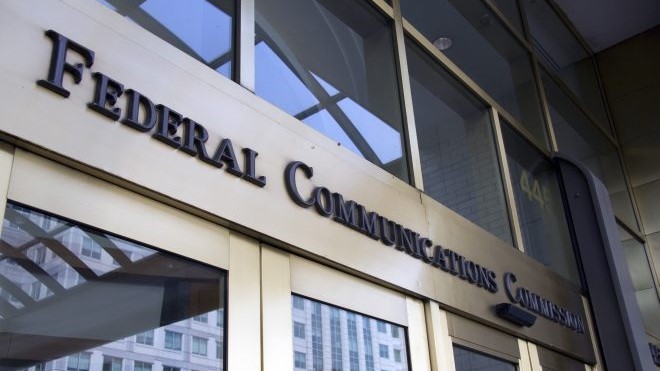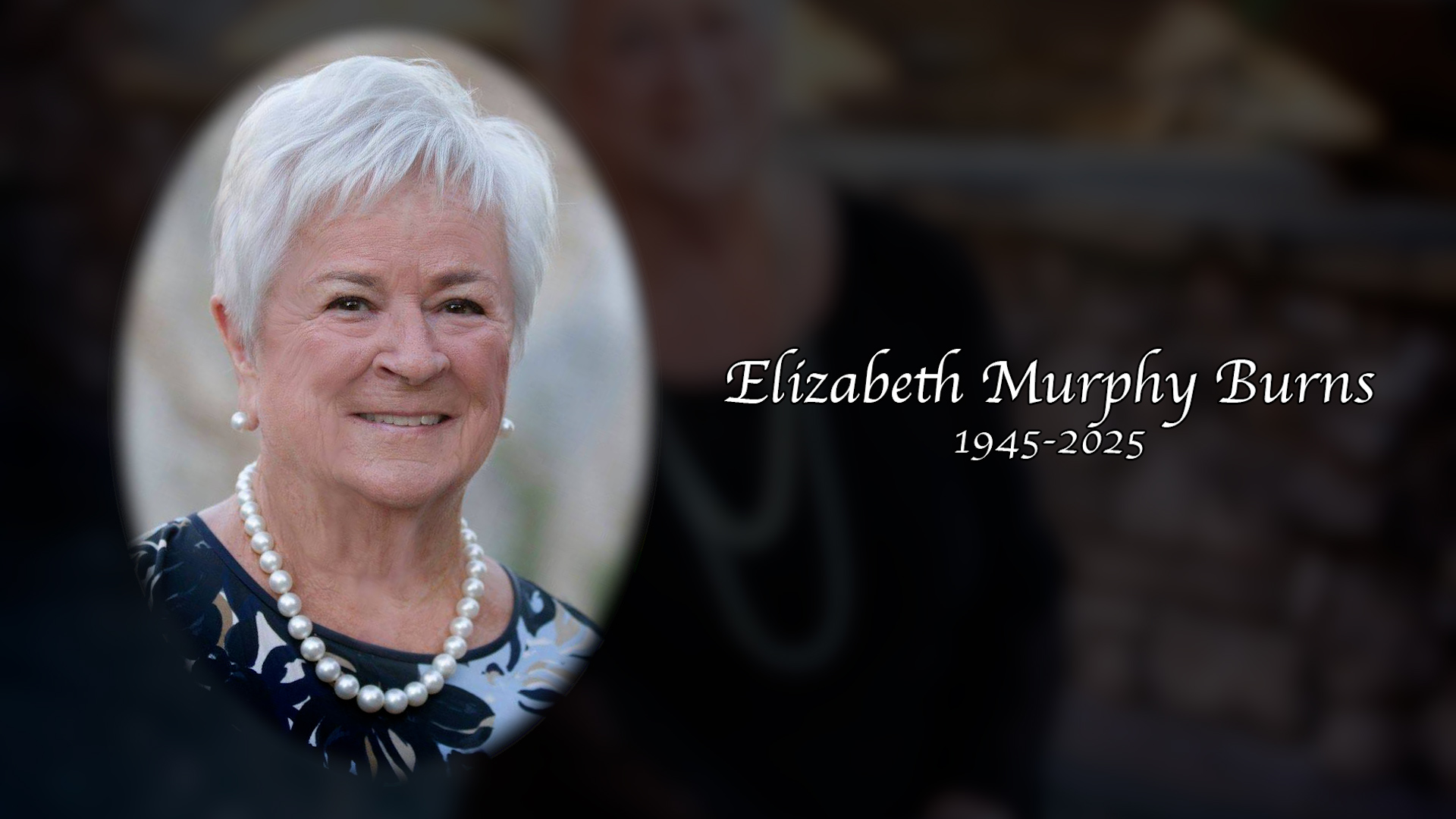FCC Levies $48M Fine Against Sinclair
Largest ever paid by a broadcaster

WASHINGTON—Sinclair Broadcasting Group has agreed to pay a $48 million civil penalty to the FCC, the largest ever paid by a broadcaster, the commission said. The penalty is twice the prior record for a broadcaster, which was the $24 million paid by Univision in 2007.
The broadcaster will also have to “abide by a strict compliance plan” in order to close three open investigations.
The announcement closes a nearly year-long investigation into the company’s disclosure of information relating to its proposed acquisition of stations owned by Tribune Media. The agreement also closes investigations into whether the company has met its obligations to negotiate retransmission consent agreements in good faith and its failure to identify the sponsor of content it produced and supplied to both Sinclair and non-Sinclair television stations.
“Sinclair’s conduct during its attempt to merge with Tribune was completely unacceptable,” said FCC Chairman Ajit Pai. “Today’s penalty, along with the failure of the Sinclair/Tribune transaction, should serve as a cautionary tale to other licensees seeking Commission approval of a transaction in the future. On the other hand, I disagree with those who, for transparently political reasons, demand that we revoke Sinclair’s licenses. While they don’t like what they perceive to be the broadcaster’s viewpoints, the First Amendment still applies around here.”
Sinclair said it “was pleased with the resolution” and that it’s “committed to interact constructively with all of its regulators to ensure full compliance with applicable laws, rules and regulations.”
In December 2017, the Commission voted to propose a fine of over $13 million for failing to make the required disclosures for the paid programming, the largest fine it has ever proposed for a violation of sponsorship identification rules. The programming in question was broadcast more than 1,700 times, either as stories resembling independently generated news coverage that aired during the local news or as longer-form stories aired as 30-minute television programs without identifying the true sponsor of the content (the Huntsman Cancer Foundation). In the Consent Decree, Sinclair admits that its actions violated the Commission’s sponsorship identification rules.
Get the TV Tech Newsletter
The professional video industry's #1 source for news, trends and product and tech information. Sign up below.
Tom has covered the broadcast technology market for the past 25 years, including three years handling member communications for the National Association of Broadcasters followed by a year as editor of Video Technology News and DTV Business executive newsletters for Phillips Publishing. In 1999 he launched digitalbroadcasting.com for internet B2B portal Verticalnet. He is also a charter member of the CTA's Academy of Digital TV Pioneers. Since 2001, he has been editor-in-chief of TV Tech (www.tvtech.com), the leading source of news and information on broadcast and related media technology and is a frequent contributor and moderator to the brand’s Tech Leadership events.

